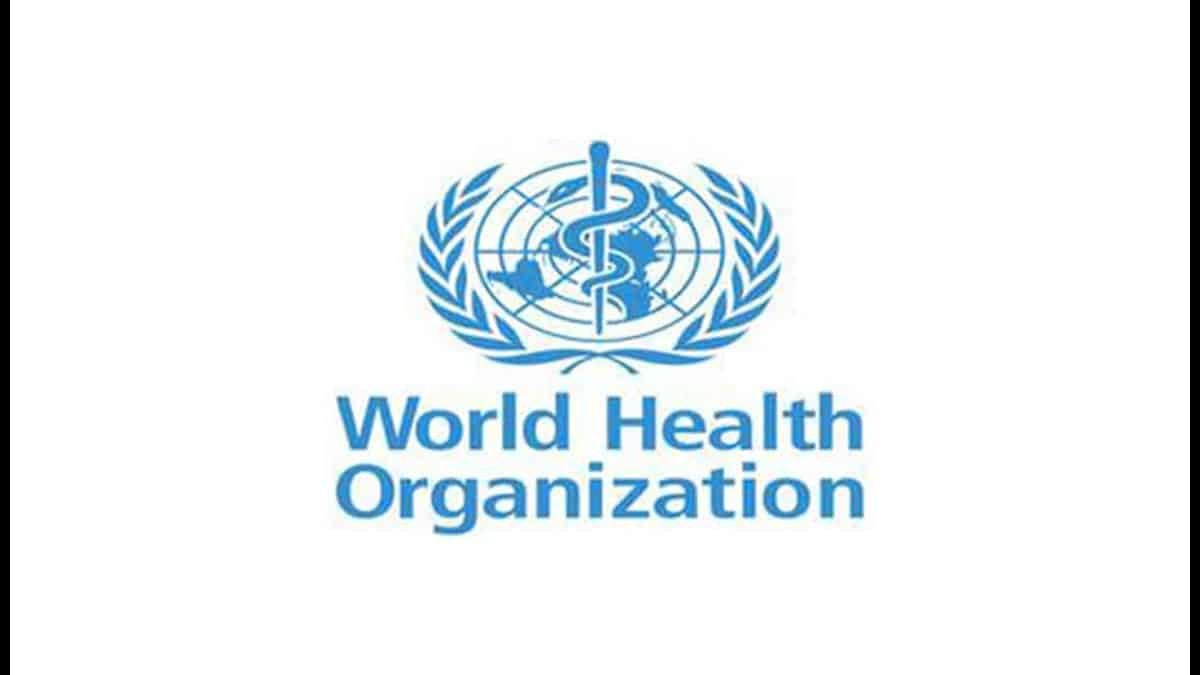Over 55 percent of the world’s population already lives in cities, with that percentage anticipated to rise to 68 percent by 2050. This tendency necessitates more funding for urban health initiatives. To that aim, WHO’s new urban health repository provides access to a wide range of WHO-created resources to support local health action.
The collection represents WHO’s increased commitment to promote urban health across the world, and contains technical assistance and capacity-building materials, strategic reports and recommendations, health impact assessment tools, and other goods related to urban health and cities.
The repository is a dynamic resource that is open to changes and additions, and it will be updated on a regular basis as new goods become available. Urban planning, housing, environmental concerns, transportation and mobility, nutrition, physical exercise, COVID-19, and many other themes are covered. Users can search for existing WHO documents by health issue category, product kind, geographic region, and year of publication/development.
Some of the goods in the collection are related to urban health explicitly (for example, local urban planning tools), while others are related to larger, cross-cutting concerns that affect urban health (e.g. global guidelines on health threats such as air pollution, road traffic injuries, or violence against children that need to be endorsed at national level and implemented locally).
The repository’s initial material is based on a technical mapping exercise that identified WHO operations and products across the organisation in a systematic, non-exhaustive manner. Researchers, practitioners, community actors, government and city officials, NGO representatives, private sector agents, civil society members, donors, development partners, multilateral agencies, and others in all Member States are expected to find the repository useful in their efforts to improve urban health.
T

